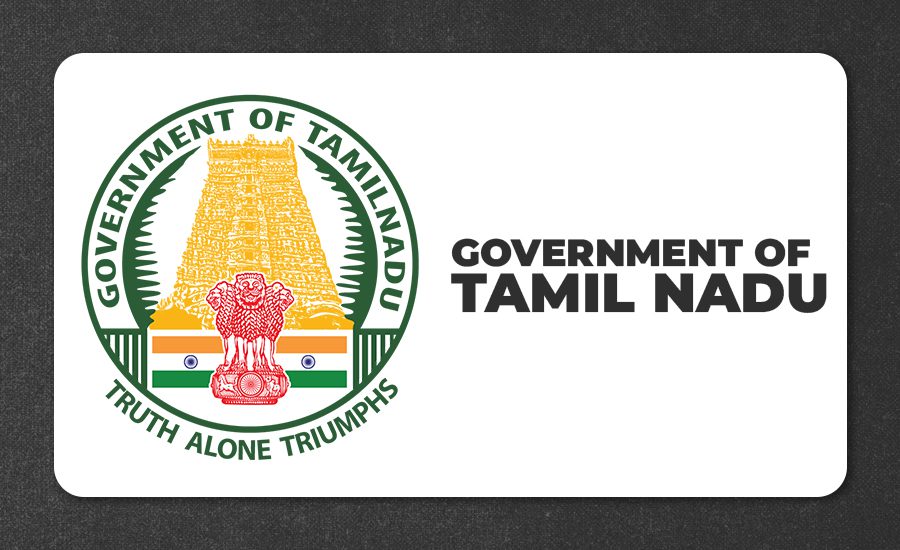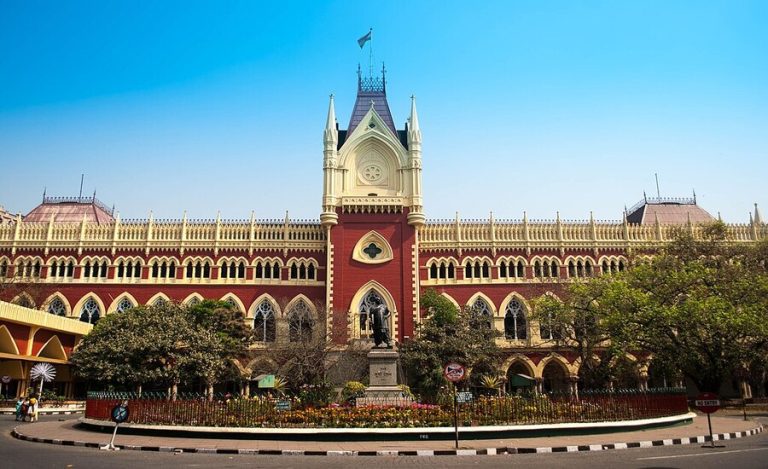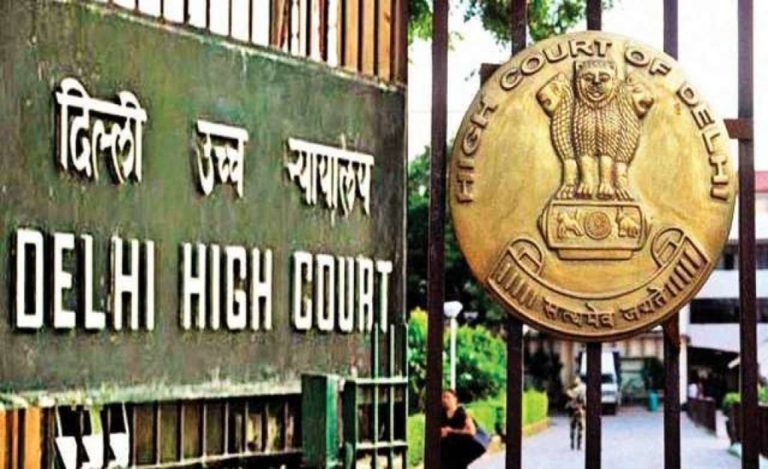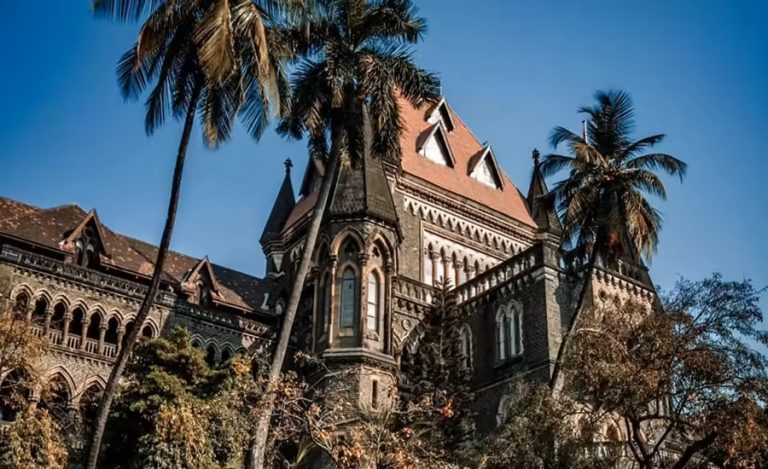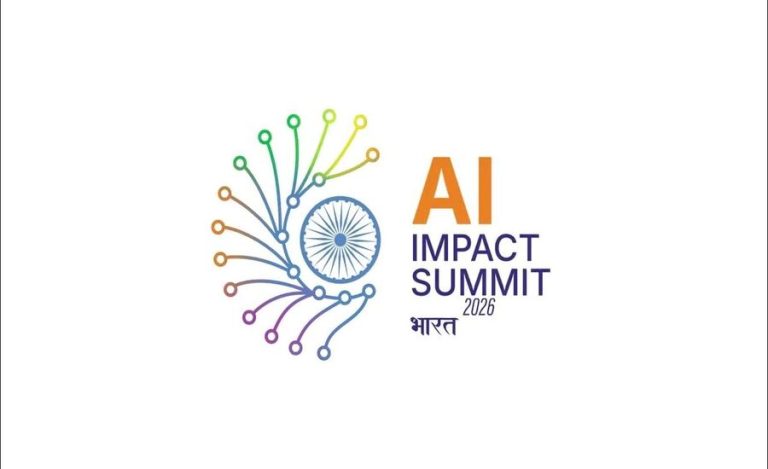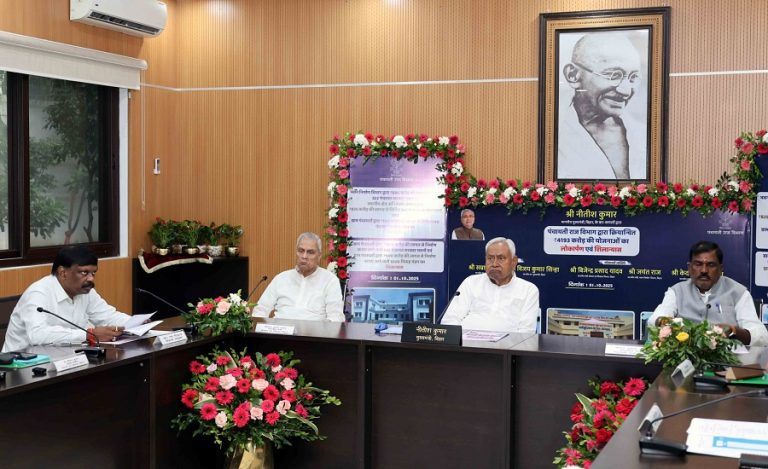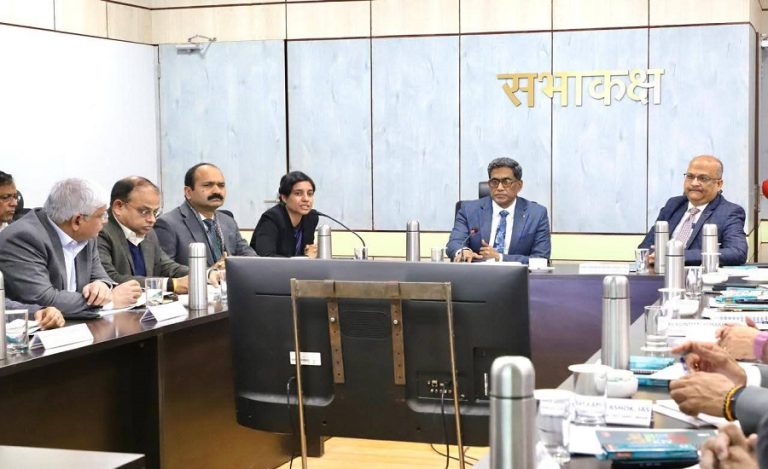The Tamil Nadu government on May 21, 2025, informed the Madras High Court that it has approached the Supreme Court seeking the transfer of a public interest litigation (PIL) challenging the constitutional validity of certain State laws that strip the Governor of powers to appoint Vice-Chancellors of State-run universities.
Also Read: Maharashtra Top Officials Apologise to CJI Justice B.R. Gavai for Protocol Breach at Mumbai Airport
A summer vacation Bench of Justices G.R. Swaminathan and V. Lakshminarayanan was apprised of the development by senior counsel Mr. P. Wilson, who appeared on behalf of the Tamil Nadu Higher Education Department.
Alongside the oral submission, Higher Education Secretary Mr. C. Samayamoorthy submitted a memo to the court, stating that the PIL was politically motivated, having been filed by Mr. K. Venkatachalapathy alias Kutty, an office-bearer of the Bharatiya Janata Party (BJP) in Tirunelveli district.
The government further argued that although the PIL raised 56 distinct grounds, its main contention was that the Tamil Nadu laws were repugnant to Regulation 7.3 of the University Grants Commission (UGC) Regulations, 2018, which relates to the appointment criteria for academic staff, including Vice-Chancellors.
Mr. Wilson said that since the validity of Regulation 7.3 is already under judicial consideration in the Supreme Court, it would be appropriate for the current PIL to be transferred and tagged along with the related matters pending before the apex court.
The Supreme Court’s vacation Bench headed by Chief Justice of India Mr. B.R. Gavai had been approached on May 19, 2025, seeking early listing of the transfer petition. The CJI had orally directed the State counsel to inform the Madras High Court of the development.
Citing the absence of urgency, the Tamil Nadu government urged the High Court to defer the hearing on the PIL until the Supreme Court decides on the transfer petition. The Higher Education Secretary emphasized that hearing the matter during summer vacation would not provide the State enough time to file a detailed counter-affidavit addressing the 56 points of challenge raised by the petitioner.
The High Court is now expected to decide on whether to wait for the outcome of the transfer plea in the Supreme Court or to continue hearing the matter independently.

